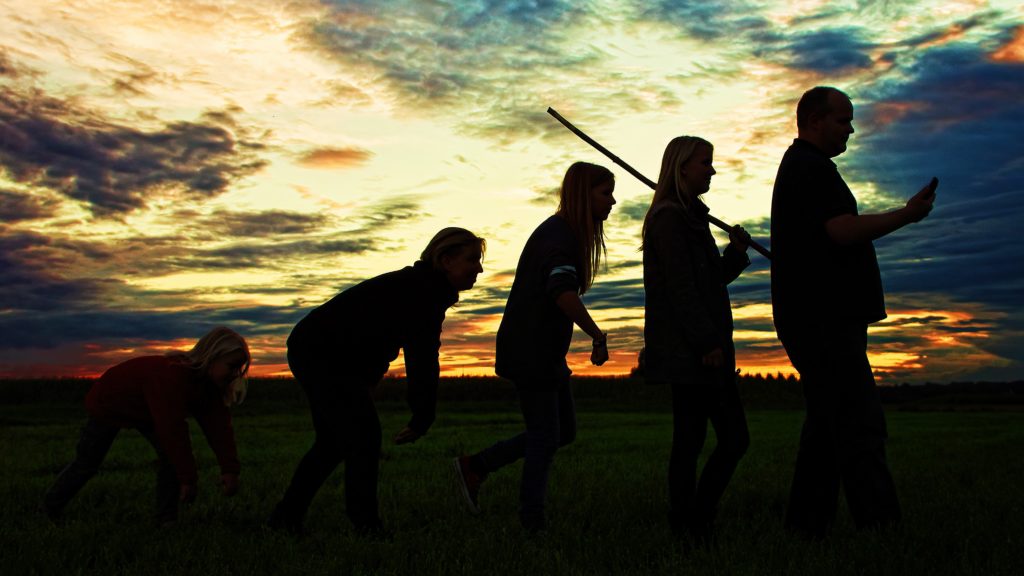


24 February, 2020
This week, we attended a fascinating lunch-time lecture led by Dr Kate Jeffery, Professor of Behavioural Neuroscience at UCL, exploring ‘The Psychology of Climate Inaction’, and what holds us back from acting faster.
Despite the urgency of the climate crisis, we’re nowhere near meeting the commitments set out in the Paris agreement – or doing what we need to reverse the damage that’s already been done. Why are we so reluctant to act? Jeffery explained that part of the reason it takes us so long to act is because the human brain has spent nearly 200,000 years focused on present and immediate needs: Find food! Make shelter! Mate! We only began to contemplate time and, by extension, the future within the last few hundred years.
Making the future tangible is just one of the psychological barriers that have made climate change into an elusive and hard problem to solve. Other reasons include the fact that humans are more receptive to fast change than slow (so we do not notice the slow decline of species and biodiversity) and that the human brain cannot understand orders of magnitude (we can’t quantify what ‘40 billion trees’ or ‘a 1.5 degree increase in temperature’ might look or feel like).
The good news is that, whilst our biological evolution has held us back from addressing the challenges of climate change, it’s also equipped us with the capacity to overcome them. We can imagine and predict multiple, complex outcomes and identify actions needed in the present to achieve desired outcomes in the future, and we’ve evolved to innovate and have the communication and technology to pass on these innovations. These evolutionary consequences have always helped us secure our own survival, and they will continue to do so – albeit in the face of a very different threat than we had in our hunter-gatherer days.